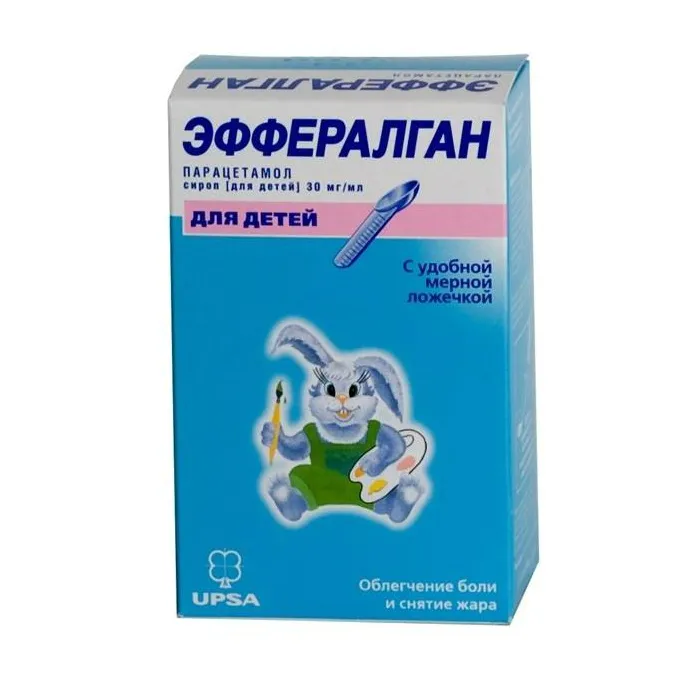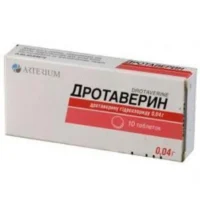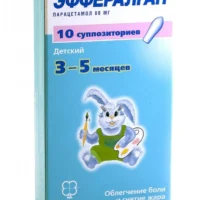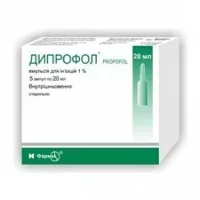Description
Efferalgan (Paracetamol) Oral Solution 3% 90 ml Vial
Ingredients
Active ingredient: Paracetamol 3% w/v. Other ingredients: sucrose, sodium benzoate, sodium citrate, citric acid, purified water.
Mechanism of Action
Paracetamol works by inhibiting the production of prostaglandins in the brain that cause pain and fever. It is rapidly absorbed in the gastrointestinal tract and has a quick onset of action, making it a popular choice for quick relief.
Pharmacological Properties
Paracetamol is an analgesic and antipyretic agent that acts centrally in the brain to reduce pain and fever.
Indications for Use
Indications: Relief of mild to moderate pain such as headache, toothache, musculoskeletal conditions, fever.
Contraindications
Contraindications: Hypersensitivity to paracetamol. Severe liver impairment. Alcoholism. Pregnancy (unless advised by a healthcare professional).
Side Effects
Common side effects may include nausea, vomiting, and allergic reactions. In rare cases, severe skin reactions or liver damage may occur.
Usage Instructions
Directions: Shake well before use. Use the measuring cup provided. Can be taken with or without food. Do not exceed the recommended dose.
Benefits Compared to Analogues
Paracetamol has been shown to have similar effectiveness in pain reduction compared to other pain relievers like ibuprofen but with fewer gastrointestinal side effects, making it a preferred choice for many individuals.
Suitable Patient Groups
Paracetamol is suitable for adults and children over 6 years old. It is generally well-tolerated across different age groups, including the elderly.
Storage and Shelf Life
Store in a cool, dry place away from direct sunlight. Do not freeze. Check the expiry date on the packaging and do not use the product after the stated expiration date.
Packaging Description
The product is available in a 90 ml vial with a measuring cup for accurate dosing.
Scientific Evidence
Paracetamol is a well-established analgesic and antipyretic medication with a proven safety profile. Studies have shown its effectiveness in managing pain and reducing fever. Research published in the British Journal of Clinical Pharmacology highlights the efficacy of paracetamol in various pain conditions, making it a widely used over-the-counter medication.
Studies have also suggested that paracetamol may have additional mechanisms of action beyond its known effects on pain and fever, including potential anti-inflammatory properties. Further research is ongoing to explore these potential benefits.





